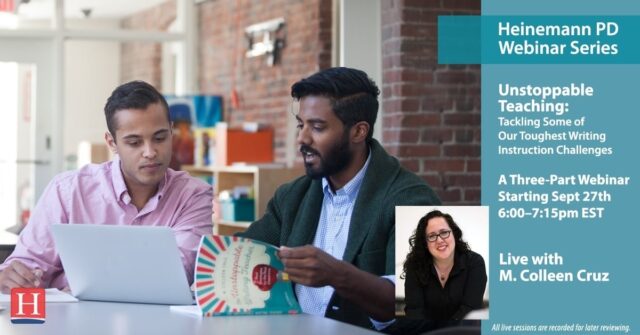Like independence, freedom, and innovation, engagement and critical thinking are things we say we believe in and want our children to experience, but once again, our practices don’t always support those goals. And if I were to hazard a guess as to why that happens, I think it has to do with a lack of trust. Like time, trust seemed abundant in Reggio—trust in children, trust in teachers, and trust in the process of learning itself—while it often feels lacking here.
Like independence, freedom, and innovation, engagement and critical thinking are things we say we believe in and want our children to experience, but once again, our practices don’t always support those goals. And if I were to hazard a guess as to why that happens, I think it has to do with a lack of trust. Like time, trust seemed abundant in Reggio—trust in children, trust in teachers, and trust in the process of learning itself—while it often feels lacking here.
All the measures and rubrics we’ve put in place, for instance, to hold children and teachers accountable suggest a lack of trust, as does our obsession with standardized testing as the only means of assessing whether students are actually learning. The predominance of packaged curricula—which turn teachers into lesson deliverers, not designers of learning opportunities—also points to a lack of trust in teachers’ judgments and own critical thinking abilities. And the focus on children’s deficits—what they can’t do, rather than what they can— combined with the excessive use of scaffolding suggests we don’t actually trust that children can do a lot without us.


